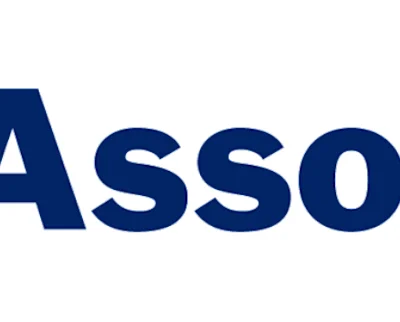Key differences Between Index Funds and ETFs
Index funds and exchange-traded funds (ETFs) are both popular investment vehicles, but they differ in several ways — including structure, trading mechanisms and cost implications.
One of the primary distinctions is how they are bought and sold. Index funds are mutual funds that trade only once per day after the market closes, at the fund’s net asset value (NAV). ETFs, on the other hand, trade throughout the day on stock exchanges, like individual stocks, and their prices fluctuate with market supply and demand.
Another key difference lies in investment minimums and accessibility. Index funds often have minimum investment requirements, which can range from a few hundred to several thousand pounds, making them less accessible for some investors. ETFs typically do not have such minimums beyond the price of one share, and some brokers even offer fractional shares, allowing greater flexibility for retail investors.
When comparing costs, both index funds and ETFs are usually low-cost, especially when tracking the major indices. However, ETFs tend to have slightly lower expense ratios and may be more cost-effective over time, particularly for passive investors using commission-free platforms like us.
That said, ETFs can involve trading fees or bid-ask spreads, which might erode returns for frequent traders or investors with small trades. ETFs with low trading volumes can sport relatively wide bid-ask spreads, making them slightly more expensive to trade. This is especially true for thematic or niche ETFs with fewer buyers and sellers.
Index funds tend to be preferred by investors who prefer a ‘set-it-and-forget-it’ approach and plan to contribute regularly without any concern for intraday pricing. ETFs offer more flexibility and better intraday liquidity, making them suitable for more active. Ultimately, the choice between the two often depends on an investor’s trading style — though it’s worth noting that the increased market availability of ETFs can make it more tempting to try to time the market.
Finally, both ETFs and index funds aim to follow an index, but differences in fees, replication method (physical vs synthetic), or market inefficiencies can lead to small deviations in performance — known as tracking error.
You might consider Index Funds if you like set-and-forget investing, automatic monthly contributions, or investing without worrying about intraday volatility. ETFs may be preferable if want real-time pricing, thematic exposure to niche sectors, or the flexibility to trade during the day.





